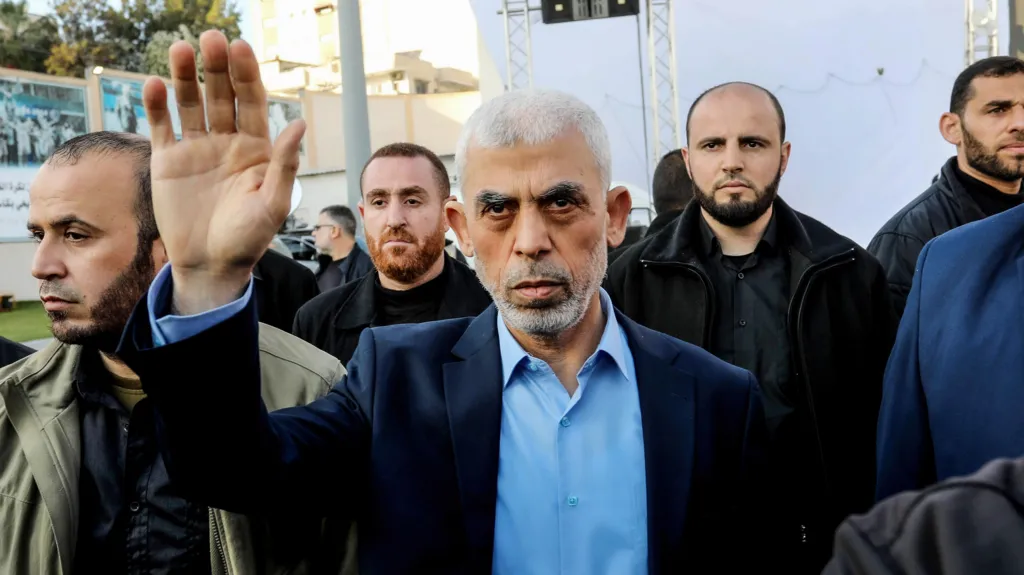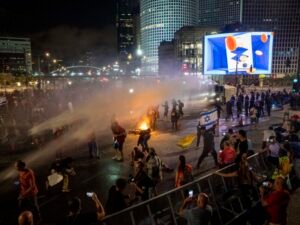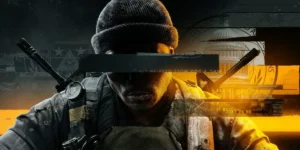Israel-Gaza War: ICC Chief Prosecutor Pursuing Arrest Warrants for Israeli PM Netanyahu, Hamas Leader Yahya Sinwar


Background of the Israel-Gaza Conflict
The Israel-Gaza conflict, a deeply entrenched and multifaceted issue, finds its roots in the broader Israeli-Palestinian conflict, which dates back to the early 20th century. The establishment of the State of Israel in 1948, amidst the turmoil of the Arab-Israeli War, marked a significant turning point. The ensuing displacement of Palestinian Arabs and the creation of refugee crises sowed seeds of discord that would erupt into recurrent violence.
The Gaza Strip, a narrow coastal enclave, has been a focal point of this strife. Following the 1967 Six-Day War, Israel captured Gaza from Egypt, along with the West Bank and East Jerusalem. The subsequent military occupation of these territories by Israel intensified Palestinian nationalism and resistance. In 1993, the Oslo Accords aimed to pave the way for peace, granting limited autonomy to the Palestinian Authority (PA) in parts of the West Bank and Gaza. However, the assassination of Israeli Prime Minister Yitzhak Rabin and the failure of further negotiations stymied these efforts.
A pivotal moment came in 2005 when Israel unilaterally withdrew from Gaza, dismantling settlements and military outposts. Despite this, Israel maintained control over Gaza’s borders, airspace, and maritime access, leading to disputes over sovereignty. In 2006, Hamas, an Islamist militant group, won the Palestinian legislative elections and subsequently took control of Gaza in 2007, after violent clashes with the PA’s Fatah faction.
Since then, the Israel-Gaza conflict has been marked by periodic escalations, including major military operations such as Operation Cast Lead (2008-2009), Operation Protective Edge (2014), and multiple smaller skirmishes. These confrontations have resulted in significant casualties and humanitarian crises, exacerbating the suffering of civilians on both sides.
International actors and organizations, notably the United Nations, have repeatedly sought to mediate and resolve the conflict. UN resolutions and peace initiatives, including the Roadmap for Peace and various ceasefire agreements, have aimed to address core issues such as borders, security, refugees, and the status of Jerusalem. Despite these efforts, a durable resolution remains elusive, with both sides entrenched in their positions and mutual distrust.
Understanding this historical context is crucial for comprehending the current dynamics of the Israel-Gaza conflict, which continues to impact regional stability and international relations.
ICC’s Involvement and the Pursuit of Arrest Warrants
The International Criminal Court (ICC) has recently taken a significant step in addressing the ongoing Israel-Gaza conflict, as the Chief Prosecutor has announced the pursuit of arrest warrants for Israeli Prime Minister Benjamin Netanyahu and Hamas leader Yahya Sinwar. This move underscores the ICC’s commitment to investigate and prosecute individuals accused of severe international crimes, including war crimes and crimes against humanity.
The legal basis for the ICC’s involvement stems from its mandate to investigate and prosecute individuals responsible for the most serious offenses of international concern. In this case, the allegations against Netanyahu and Sinwar include acts that potentially qualify as war crimes under the Rome Statute, the treaty that established the ICC. For Netanyahu, specific accusations encompass the use of excessive force and targeting civilian infrastructure in Gaza. For Sinwar, the charges pertain to the indiscriminate launching of rockets into civilian areas in Israel.
The announcement of these arrest warrants has profound implications for international law and justice. It signals a robust stance by the ICC in holding high-profile leaders accountable for their actions, regardless of their political status. However, this decision has elicited varied responses from the involved parties. The Israeli government has dismissed the ICC’s actions as politically motivated, arguing that the court lacks jurisdiction over Israel, which is not a party to the Rome Statute. Conversely, Palestinian authorities have welcomed the move, viewing it as a step towards ensuring accountability for crimes committed during the conflict.
The broader international community’s reactions have been mixed, with some nations supporting the ICC’s decision, while others express concerns about the potential for exacerbating tensions in the region. The pursuit of these arrest warrants also brings to light the challenges and controversies surrounding the ICC’s jurisdiction. The court’s ability to enforce these warrants is constrained by the political and diplomatic landscape, as it relies on cooperation from states, which may be reluctant to arrest and surrender their leaders to The Hague.
In conclusion, the ICC’s involvement in the Israel-Gaza conflict and the pursuit of arrest warrants for Netanyahu and Sinwar highlight the complexities of international justice. The actions undertaken by the ICC not only aim to address allegations of serious crimes but also navigate the intricate interplay of legal, political, and diplomatic factors that influence the pursuit of accountability on the global stage.





